FRANCE just raised its flag over the French Embassy in SYRIA for the first time since 2012
In a significant diplomatic development, France has raised its flag over the French Embassy in Syria for the first time since 2012. This move marks a notable shift in France’s foreign policy toward Syria, signaling a potential thaw in relations after years of severed diplomatic ties. The embassy’s reopening and flag-raising are seen as a symbolic gesture that could pave the way for a new chapter in France-Syria relations, particularly in the context of Syria’s ongoing civil war and shifting geopolitical dynamics.
This post explores the background of France’s absence from Syria, the implications of this diplomatic reopening, and what it means for the future of relations between the two countries.
A Decade of Absence: Why France Left Syria
In 2012, amidst the early years of the Syrian Civil War, France, along with other Western nations, decided to close its embassy in Syria and withdraw its diplomats in response to the regime of President Bashar al-Assad’s violent crackdown on opposition forces. France was one of the first countries to take a strong stance against Assad’s government, recognizing the Syrian opposition and later becoming a vocal supporter of efforts to remove Assad from power.
This move was part of a broader Western strategy that sought to isolate Assad internationally, with many nations imposing sanctions and cutting diplomatic ties. During this period, the French government, under then-President François Hollande, led calls for Assad’s resignation, aligning with other Western powers, such as the United States, that viewed Assad as illegitimate.
Since then, France has refrained from re-establishing diplomatic ties with Damascus, maintaining its stance against Assad’s regime. The situation in Syria evolved, with the war dragging on for years, involving a complex web of local, regional, and international actors, including Russia and Iran, who provided military and political support to Assad.
The Flag-Raising: A New Diplomatic Approach?
On [Insert Date], France raised its flag over the French Embassy in Damascus, marking the symbolic return of diplomatic presence in Syria. This action is a clear sign of a shift in France’s policy, but its motivations are multifaceted.
- Rebuilding Diplomatic Channels: France’s decision to reopen its embassy could be seen as an effort to re-engage with Syria in a more pragmatic way. While the French government has not fully embraced Assad, the reality of the war’s outcome and Syria’s continued fragmentation may have led France to reconsider the best way to engage with the country moving forward. Raising the flag over the embassy is seen as a step toward a more strategic relationship with Syria, particularly in the context of rebuilding ties in the post-war environment.
- Geopolitical Shifts: The war in Syria is far from over, but the shifting alliances and the growing influence of Russia, Iran, and Turkey have reshaped the geopolitical landscape. In recent years, several European countries, including Italy and Austria, have moved toward more engagement with Syria, recognizing the need to play a role in the country’s future reconstruction and to manage the flow of refugees. France, too, might be seeking a diplomatic foothold as part of these evolving relationships. By reopening its embassy, France could have a seat at the table in any post-conflict discussions concerning Syria’s reconstruction, humanitarian efforts, and regional security.
- Addressing Syrian Refugees: France has been one of the major European countries hosting Syrian refugees since the onset of the civil war. The reopening of the embassy could be a step toward improving diplomatic relations that would eventually help facilitate refugee repatriation or better management of the ongoing migration crisis.
Impact on Syrian Sovereignty and Relations with Other Countries
The return of the French flag to the embassy in Syria carries significant implications, not only for France-Syria relations but also for the broader Middle Eastern geopolitical dynamics.
- A Symbol of Western Recognition: While France has not explicitly endorsed Assad’s legitimacy, the raising of the French flag in Damascus could be seen by some as a form of recognition of Assad’s authority over the country, despite the ongoing conflict and the challenges to his rule. France is not the first Western country to re-engage with Syria diplomatically, and this move signals that other nations may follow suit. However, it also leaves open the question of how far France is willing to go in its accommodation of the Assad regime, particularly given its prior stance against Assad.
- Russia’s Reaction: Russia, which has been a staunch ally of Assad throughout the Syrian conflict, is likely to view France’s reopening of its embassy as a positive development for its ally. Russia has been instrumental in propping up the Assad regime, and France’s return to Syria could be seen as a recognition of Assad’s long-term staying power, despite the opposition of the West. The timing of the flag-raising could be seen as part of a broader effort by Russia to integrate Syria into the international fold, after years of isolation.
- The Role of Iran and Turkey: Iran, another key backer of the Assad government, may also see the reopening of the French embassy as a pragmatic step that helps to stabilize Syria. For Turkey, however, which has supported rebel groups fighting against Assad, this development could complicate Ankara’s stance in Syria, as it seeks to preserve its interests in northern Syria and counteract the growing influence of Assad and his allies.
What Does This Mean for France’s Future Role in Syria?
The reopening of the French embassy in Syria and the flag-raising ceremony represent the beginning of a new phase in France’s involvement in the region. While this step does not mean that France will fully abandon its opposition to Assad, it is an acknowledgment of the current realities in Syria. The French government is signaling its willingness to be part of Syria’s post-conflict future, especially as international actors focus on reconstruction, counterterrorism, and regional security.
France’s policy shift may also be indicative of broader European tendencies, as the war in Syria winds down. While France remains committed to addressing humanitarian concerns, countering terrorism, and promoting human rights, it must also navigate the complex regional relationships and the shifting dynamics in Syria. The flag-raising could lead to more active French involvement in Syria’s recovery, which could have significant implications for the country’s rebuilding process, regional stability, and France’s strategic position in the Middle East.
In Conclusion
The decision by France to raise its flag over its embassy in Syria after more than a decade of absence is a powerful diplomatic move that signifies a shift in French policy toward the war-torn country. While the move is symbolic, it also has deeper implications for Syria’s future, the international community, and France’s role in the Middle East. Whether this gesture leads to a full-scale re-engagement or remains a one-time diplomatic signal will depend on how the situation in Syria evolves in the coming years.
The reopening of the embassy, however, marks a clear moment of change, both for France and for Syria. As the Syrian conflict continues to evolve, the reopening of diplomatic channels between France and Syria may play a significant role in shaping the post-conflict future of the country.
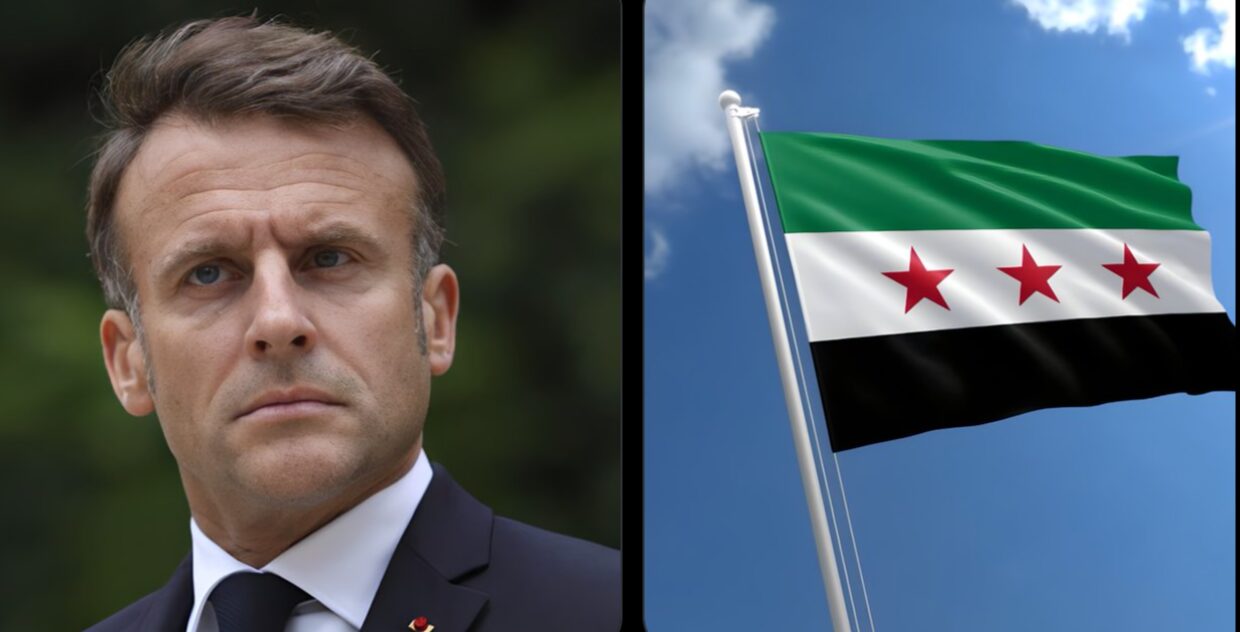

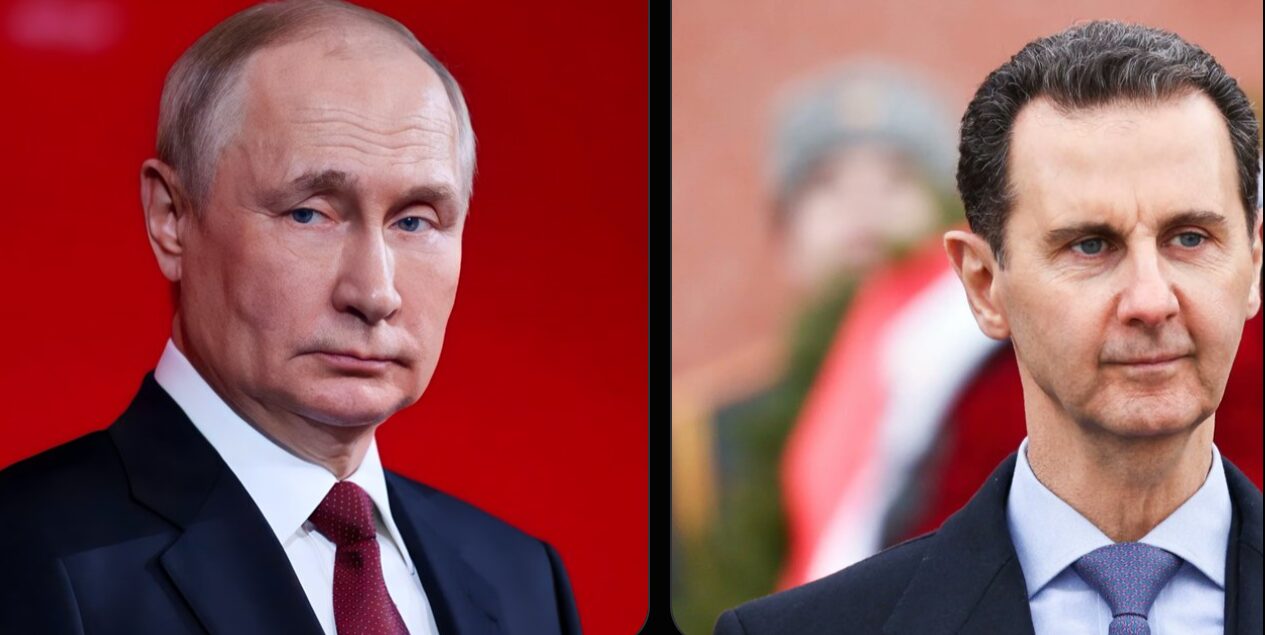
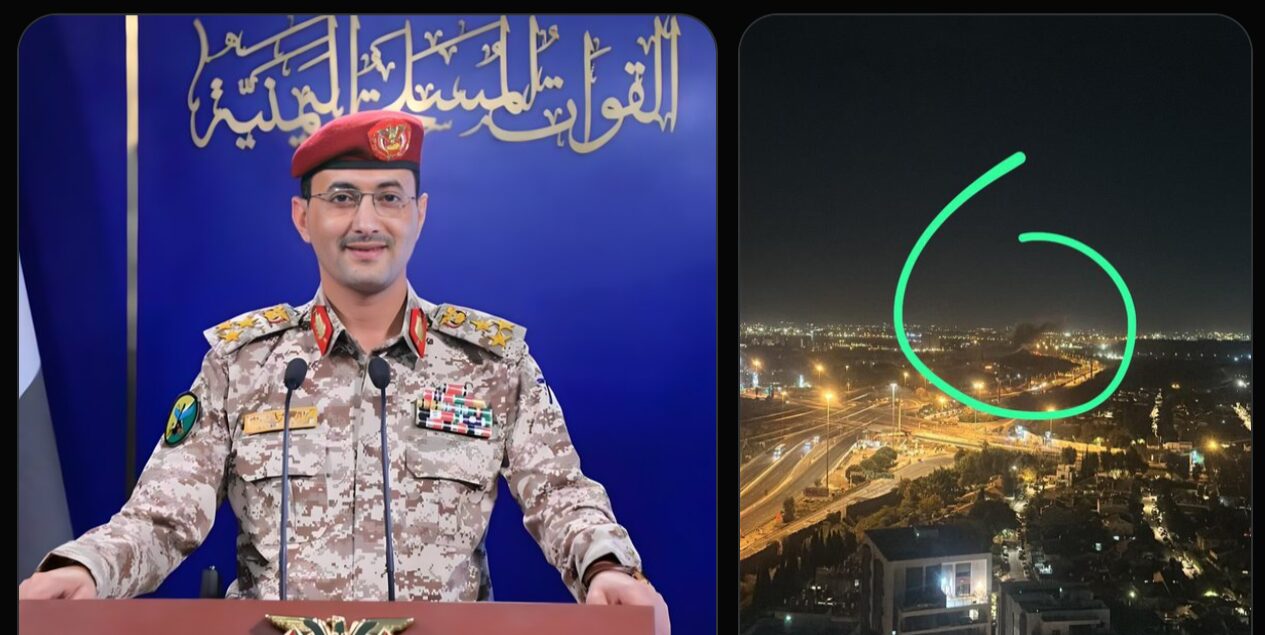

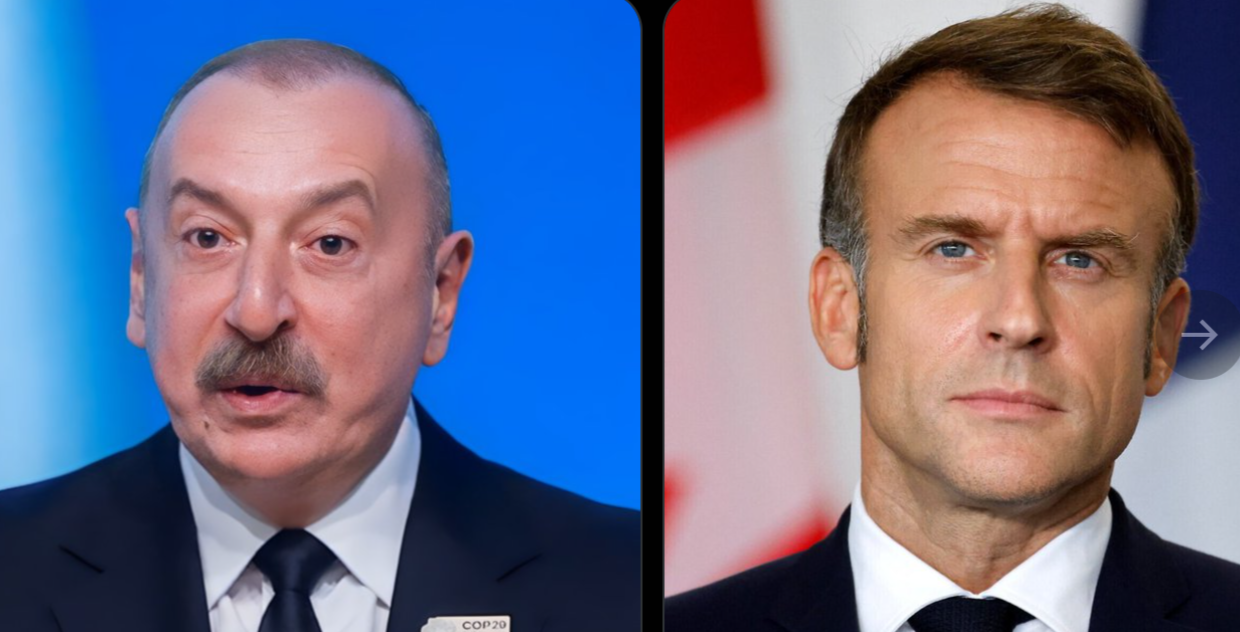
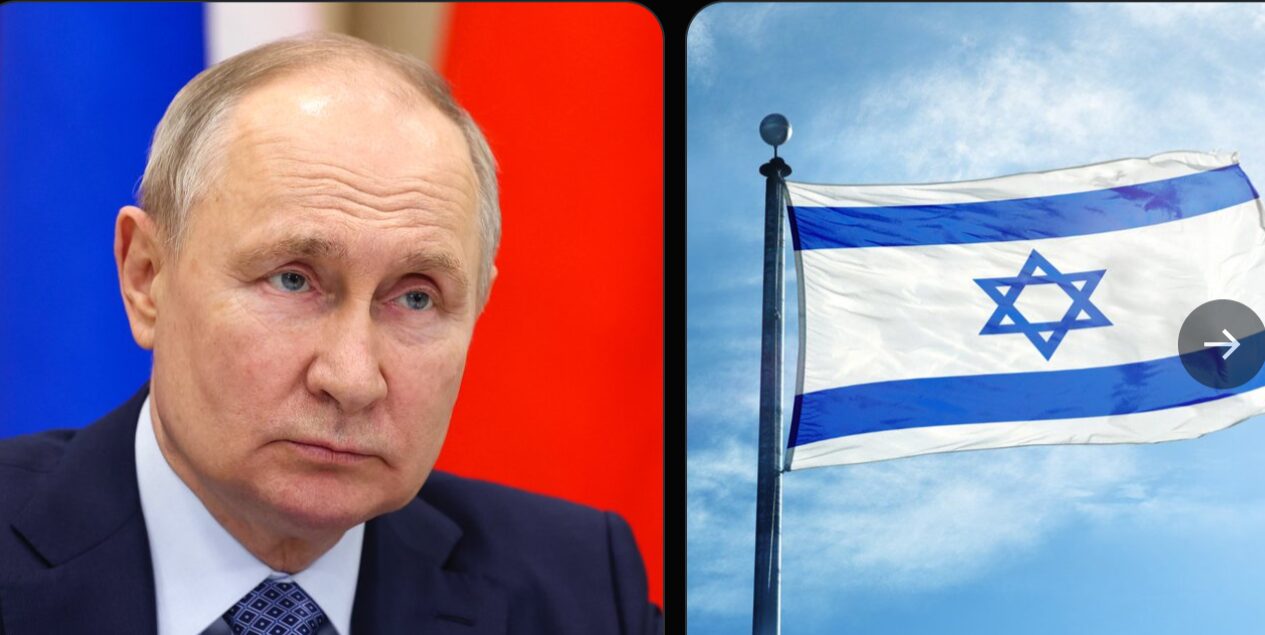

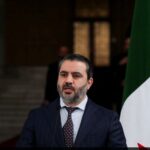








Post Comment